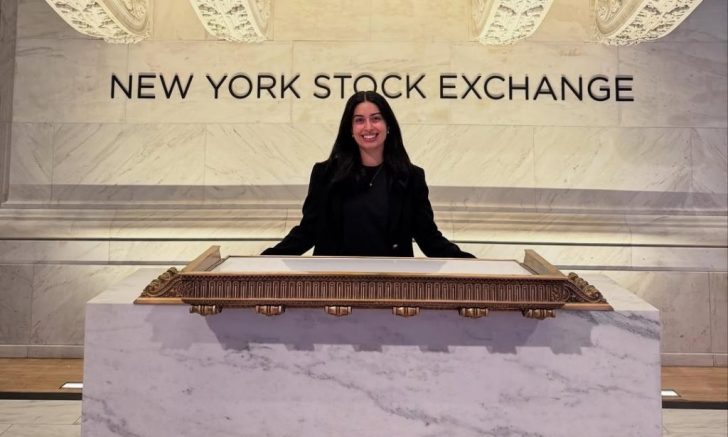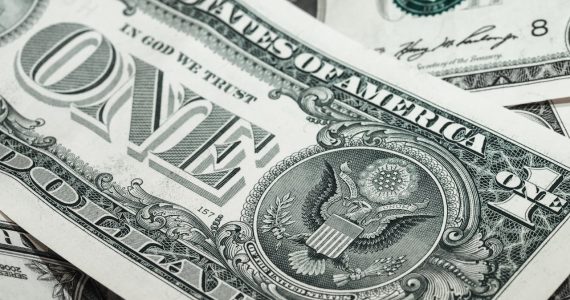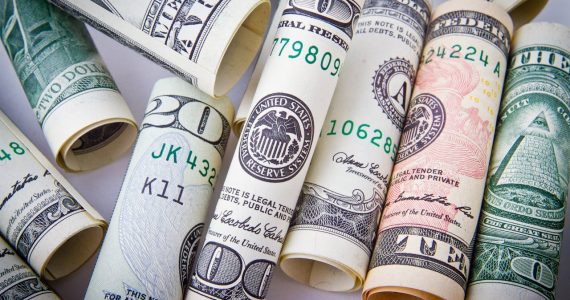Money drives a lot of decisions. Most people want more of it. They chase raises, side hustles, or big promotions, thinking the next jump will finally make them feel secure or happy. However, according to investing educator Paulette Perhach and others like her, thinking often leads people in the wrong direction.
Many chase money without understanding how it really works in our lives. Perhach says more money doesn’t always equal more peace or satisfaction. In fact, it often fuels bigger wants. Get a raise? Suddenly, your skincare routine upgrades. Buy a better car? Now your vacation plans get fancier. It is a cycle.
That is why she teaches people to separate income from happiness and rethink what wealth really means.
Money Doesn’t Automatically Make You Happier
The first myth is that more money will make you feel better. Kaur, a personal finance educator, says people often expect a bigger paycheck to relieve all their stress. It doesn’t.

What really happens is something called “lifestyle inflation.” You start spending more just because you are earning more. That new comfort level becomes the baseline, and soon you are chasing the next upgrade.
While money can create a cushion during emergencies, it doesn’t solve deep emotional needs. There is a line where more cash stops making a difference.
More Money Doesn’t Guarantee Life Satisfaction
The second myth is that a higher income brings more life satisfaction. Research by psychologist Ed Diener shows the truth is more complicated. In poorer countries, extra money has a clear benefit. It improves housing, food, and healthcare.
But in wealthier places, where people already have their basic needs met, the extra money often doesn’t move the needle.
People in countries like the U.S. or the U.K. may not feel much happier going from $70,000 to $90,000 per year. Once survival is covered, satisfaction becomes about meaning, not money. The impact of income depends on context.
If you are surrounded by people with more, it can actually make you feel worse about yourself, not better.
Wealth Doesn’t Equal Emotional Well-Being
The third myth is the belief that being richer means you will feel more emotionally stable. Kaur explains that even when people earn more, their mental state often doesn’t change.
Someone moving from $100,000 to $120,000 may think they will feel proud or calm, but many don’t. Instead, they compare themselves to others and feel like they still fall short.

That emotional rollercoaster doesn’t stop until people learn to measure success by their own standards, not someone else’s paycheck.
Real Money Growth According to Experts
Other educators and financial planners are echoing similar ideas. Andy Crebar points out that working harder won’t always make you richer. The people who grow their income usually solve bigger problems or learn how to negotiate better.
HealthyRich, a financial education platform, pushes back on the idea that strict budgeting is the only path to wealth. Instead, they teach mindful spending. It is more about making your money reflect your values.
They also reject the myth that all debt is bad. Strategic debt, like a student loan or mortgage, can actually build long-term wealth if handled wisely.
David Kassir, a financial advisor, says one of the worst myths is waiting too long to invest. People think they need to be rich first, but the truth is that starting early, even with small amounts, builds more wealth over time. Compound interest does more work than most people realize.




